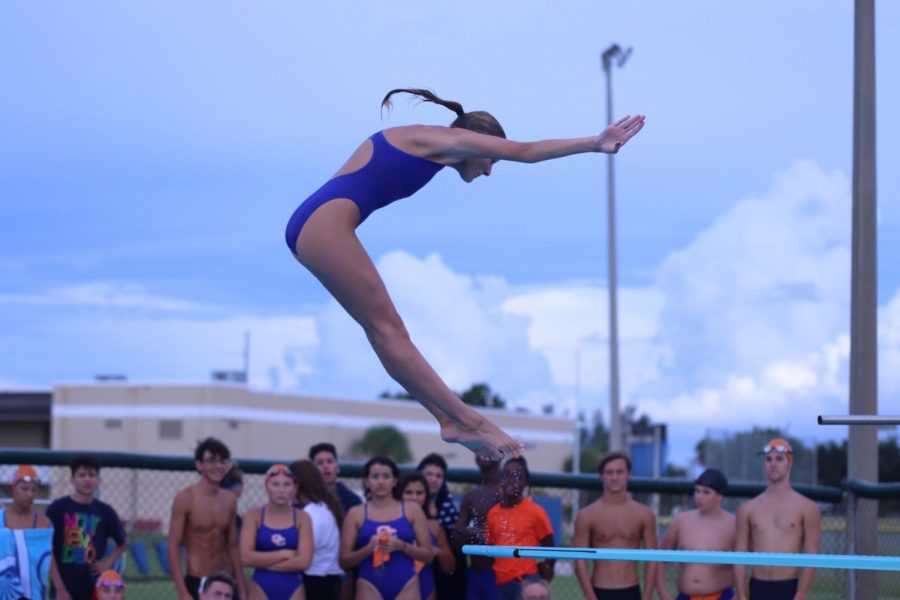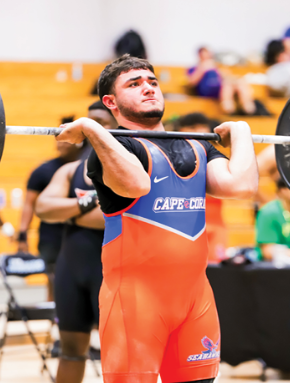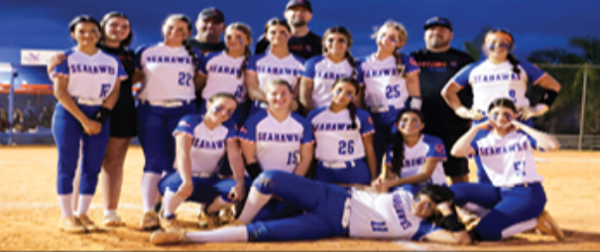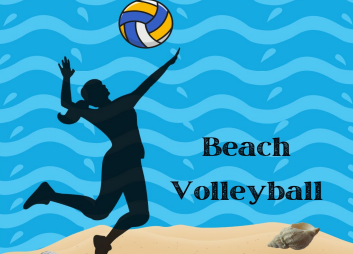Off-season doesn’t mean no season
Many argue that the off-season is the most important phase in a conditioning plan for any specific sport. While it is important to get quality time to rest, it is also important to start training as soon as possible to reduce the risk of injury by building muscle and improving groundwork for a better performance.
So what exactly is the off-season? The off-season is the time period during which the sport an athlete may be playing has officially ended until it begins again.
The main focus during the off-season is heavy lifting to build appropriate muscle and to get the joints and other parts of the body ready for the season. This is much easier to do during this time off because you don’t have to worry about taking it easy, and you don’t have to worry about being overly sore. It’s also not a bad idea to try a different sport during this time to get different types of training and to learn new techniques.
During the off-season, it is known for professional athletes to get trainers to plan out a specific training program to help them become stronger and more athletic overall.
In the Polar Blog article “Off-season training and recovery – Pro triathlete Kaisa Sali’s advice,” professional triathlete Kaisa Sali stated, “Off-season is important for athletes because it’s crucial to take a break from intensive training and allow yourself to rest and recover properly before the next race season.”
The average professional off-season schedule kicks off with about two weeks of complete rest (nearly no training at all). After those two weeks, an athlete should slowly begin their off-season training, making sure to take it easy the first few weeks.
It is very important to make sure one gets the correct amount of rest during the off-time to avoid as many injuries as possible. Rest helps in preventing fatigue in an athlete, both physically and mentally.
With the high level of competition in high school sports, athletes may start to feel overwhelmed or pressured to be their best at all times, so that they don’t let others down, whether it be their teammates, coaches, or family. Although it can be really tough to take a break when aiming for a varsity spot on the team, the most promising way to get there is by following the right procedures, even though it may not always seem that easy to do.
According to the Children’s Hospital Colorado’s article, “Overtraining and Burnout in Young Athletes,” there are many ways to tell whether you may be experiencing “overtraining syndrome.” Some of these symptoms include increased injuries, illness, infections, decreased appetite and/or weight loss, and lack of enthusiasm or ambition.
There are many different strategies to help with or avoid the chance of burnout including proper injury treatment and rehabilitation, focusing on proper sporting techniques, and avoiding rapid increase in workload or intensity.
It is very important to make sure one takes this time off to get into the right mindset and mentality. It is possible that the mind may take a little longer to feel ready to start training again, which is completely normal.
According to “Improve Your Game by Training in the Volleyball Off-Season,” an article by Pro Rec Athlete, it is very important to come up with both individual and team goals. Some of these goals could include improving on off-season training and creating a specific workout plan which could make it easier and much more motivational by having something to follow and stick to.
Your donation will support the student journalists of Cape Coral High School. Your contribution will allow us to purchase equipment and cover our annual website hosting costs.







